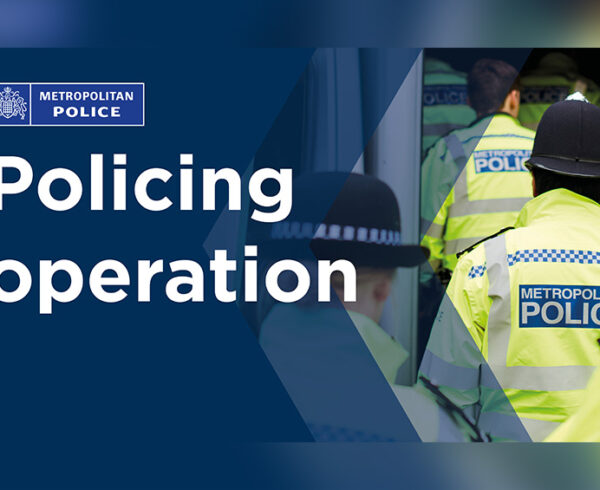Impersonation scams are one of the most prevalent scam types, with 33,115 cases of impersonation fraud reported to UK Finance between January and June 2021. It is therefore important for the general public to be able to recognise the key signs of an impersonation scam.
Some of the most common types of impersonation scams are:
- Safe Account Scams
- HMRC Scams
- Social Media Impersonation Scams
Safe Account Scams
One of the most common ways a fraudster will get someone to send their money to them is by impersonating their bank and advising that their account has been compromised and the only way to secure their money is to move it to a “safe” account. The key signs to look out for are:
- You receive a phone call from out the blue supposedly from your bank or a service provider such as BT / Virgin / Sky advising your bank account has been compromised and you need to send money to a ‘safe’ account
- The fraudsters may even tell you to search the number they are calling from online as they can spoof phone numbers, making them appear genuine
- The fraudsters may even ask you to download a screen-sharing app (such as Team Viewer or Anydesk) to show you pages with false information, making you believe that your account is being hacked
- The fraudsters will often set their payee name as an account in your name, in an attempt to make you believe that the money is being transferred into your own ‘safe’ account
Your bank or a service provider will NEVER ask you to move your funds into a ‘safe account’. If you receive a phone call like this, hang up and call the phone number found on the back of your bank card or call your bank’s number via their website.
HMRC Scams
Fraudsters will often impersonate HMRC or law enforcement agencies such as High Court officials, in an attempt to frighten you into transferring money to them for “unpaid tax”. The common signs to look out for are:
- You receive a phone call out of the blue from someone purporting to be from the HMRC / a law enforcement agency, advising that there is an outstanding tax that needs to be paid as a matter of urgency
- The fraudster sends you fake documents, which appear to have been stamped by the HMRC and signed by an HMRC official
- The fraudsters will often tell you to hang up and call the number stated on the HMRC’s website, to make you believe they are genuine, as they have technology enabling them to spoof HMRC’s contact number
- The fraudsters will tell you that you cannot discuss the matter with family or friends as it is urgent and the money needs to be paid instantly
- The fraudsters will often threaten to send police to your address to make an arrest or bailiffs to recover goods to satisfy the fine, in an attempt to intimidate and frighten you
Similarly to safe account scams, you will NEVER receive a phone call like this from HMRC or a law enforcement agency. It may not sound appealing but the best thing for you to do in this scenario is to safely ignore it and hang up the phone. For further information on this type of impersonation scam, search ‘scams’ on GOV.UK.
Social Media Impersonation Scams
Fraudsters can not only spoof phone numbers, but they can also hack into various forms of social media such as Facebook, Instagram and Snapchat. They will often pose as close family members of friends, advising that they are in financial difficulties. Key signs to look out for are:
- Strange requests from family or friends asking for help with their finances
- Spelling mistakes
- Fraudsters asking you to give personal details to enter a competition or quiz, with the chance to win money
In these cases, the fraudsters will have likely read through your previous messages to make sure that they sound convincing. If you were not expecting to make payment to a family member or friend, we advise that you call them to confirm it was really them making the request.
Some common examples of the above scam types can be seen below:













